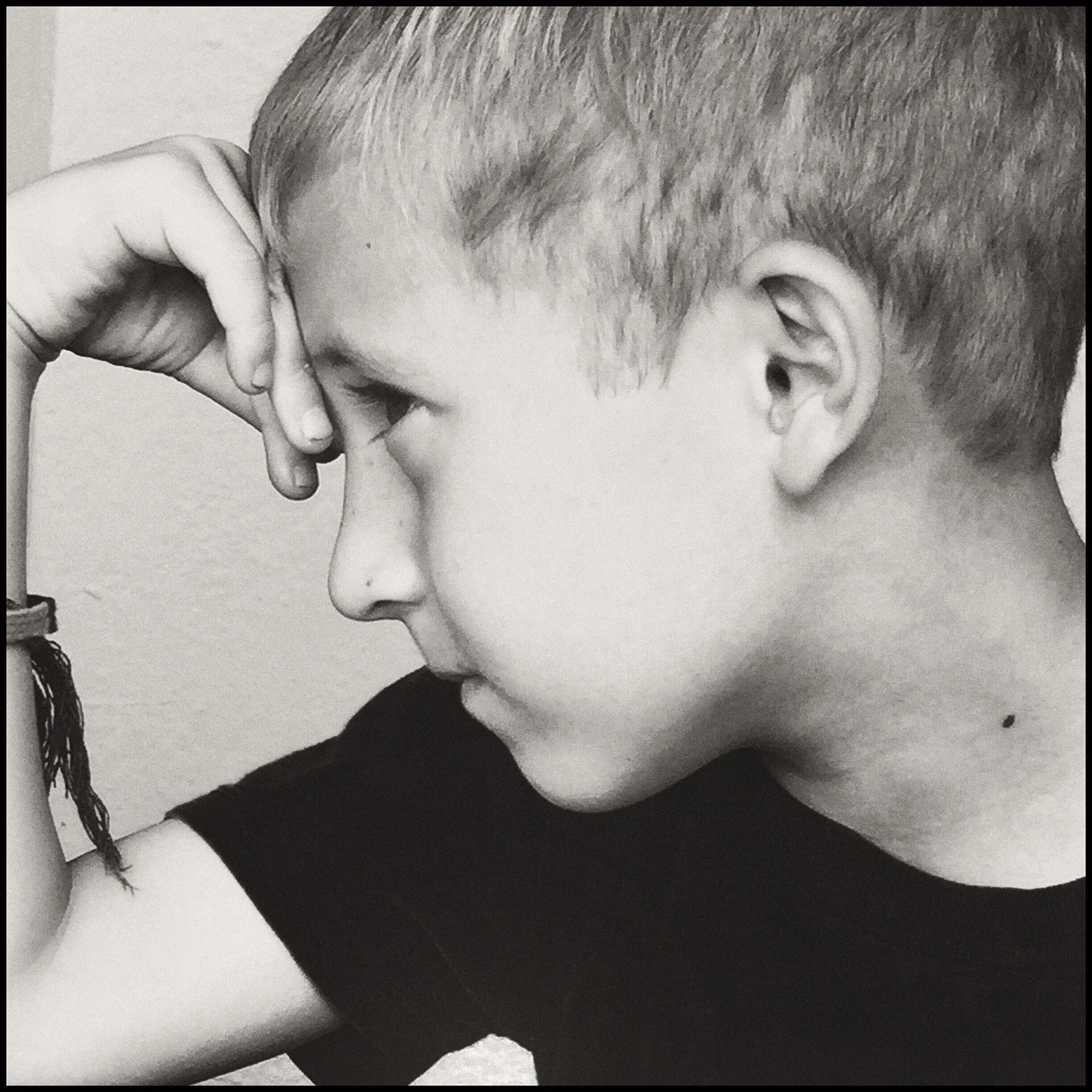Emotionally Focused Therapy Explained
Emotionally Focused Therapy (EFT) is a neo-humanistic and experiential approach to psychotherapy based on the idea that emotions are foundational for enduring change in our well-being. It was developed in tandem with the science of adult attachment, a profound developmental theory of personality and intimate relationships. This science has expanded our understanding of individual dysfunction and health as well as the nature of love relationships and family bonds. Attachment views human beings as innately relational, social and wired for intimate bonding with others. The EFT model prioritizes emotion and emotional regulation as the key organizing agents in individual experience and key relationship interactions.
Emotional expression is seen as crucial for mental well-being and healing because emotions inform our needs, values, and goals. Emotions also affect how we feel about situations, what importance we assign to them, and how we respond to situations.
Emotions help us process information, gain insights into ourselves and the world around us, as well as, guide our actions. Emotion has a powerful role in structuring both inner experience and key interactional patterns in relationships. Emotion links and organizes core experience and interaction. Emotions help promote healing, personal growth, and well-being.
According to EFT theory, the actual change process comes from accepting and experiencing underlying emotions, transforming them, and creating an alternate narrative.
During an EFT session, the therapist acts as an emotion coach. We work to facilitate emotion-focused coping skills, supporting clients in gaining awareness of, accepting, and making sense of emotional experiences. The relationship between the client and the therapist is as meaningful as the emotional processing accomplished in the sessions. In EFT, both the therapeutic relationship and the actual emotional processing are mechanisms of change. The relationship provides the client with the safety to thoroughly explore painful emotions and engage in the therapeutic process.
EFT is effective with both individuals and couples. With individual therapy the focus is on ways to more adaptively manage emotions in order to modify how clients perceive and conduct themselves. We nurture secure attachment styles (i.e., how an individual can relate to others) and enhance the clients’ interpersonal relationships.
Goals of EFT with Individuals:
To offer corrective experiences that positively impact models of self and other and shape stable, lasting change.
To offer transformative moments where vulnerability is encountered with balance.
To enable clients to move into the accessibility/openness, responsiveness and full engagement that characterises secure attachment with others.
To enable clients to shape a coherent sense of a competent self that can deal with existential life issues and become a fully alive human being.
For couples’ sessions, the focus is on the partner system and works to help intimate partners elaborate and rethink their emotional responses toward one another. We facilitate more positive interactions and patterns of behavior between partners. The main objective is to develop, maintain, and solidify a secure bond between them.
Goals of EFT with Couples:
Better emotional functioning: EFT provides a language for healthy dependency between partners and looks at key moves and moments that define an adult love relationship. The primary goal of the model is to expand and re-organize the emotional responses of the couple.
Stronger bonds: EFT is based on attachment theory, which suggests that attachments between people typically provide a safe haven—a retreat from the world and a way to obtain comfort, security, and a buffer against stress.
Improved interpersonal understanding: EFT helps people become more aware of their partner's needs. Because of this awareness, they are also able to listen and discuss problems from a place of empathy instead of a place of defensiveness or anger.
I work with EFT because I’m interested in the sort of patterns people get caught in. I’m interested in the way people deal with their feelings and their vulnerabilities. I’m interested in their strengths and their relationships. Most of all, I want for you to feel safe with me so we can explore where you are stuck.
Photo by: Eric Mencher
Are you looking for help with your relationship? Do you feel that a relationship coach could help you working on your couples skills? Is communication an issue? Have you ever considered couples therapy or counseling? As a psychotherapist and relationship coach, I am uniquely positioned to help you through these moments of disconnect and conflict.
__
Learn more about my approach to life consulting and relationship coaching here or get in touch for your free 30-minute consultation here! Don’t forget to follow along @LilyManne on social for more regular updates!


